|
By Malorie Matos At the Byrd Center, it is our goal to make as many of our archival records available to the public as possible. We re-house, organize, and compile records into easy-to-use finding aids so researchers can directly access documents in our collection. But what if some of those documents are more important than others? Senator Byrd’s Congressional Papers Collection contains a wide variety of correspondence from VIPs: fellow members of Congress, foreign dignitaries, celebrities, and presidents. While we want these important documents to be available for public research, any loss or damage sustained through that access would be detrimental to the archives. In order to reconcile our responsibility to protect the documents in our care and our responsibility to share these records with the public, we have taken several precautionary steps. We first arranged all VIP correspondence in the congressional collection by congress (i.e. 89th Congress, 103rd Congress). After everything was in order, we made both digital and hard copies of each individual document. Having a paper copy in the archive and a digital copy on the hard drive allows visitors to handle each letter for research without risking permanent loss or damage. If something happens to a document, we can produce a facsimile. The original letters were re-housed and placed in a secure, fire-proof safe.
Scanning and copying nearly 1,500 documents took a lot of time and effort, but it is an important process that will allow us to keep our collections safe and our information available to all. Plus, we found a lot of fantastic letters along the way! Check out a few of these great documents in the gallery below: Comments are closed.
|
Welcome to the Byrd Center Blog! We share content here including research from our archival collections, articles from our director, and information on upcoming events.
Categories
All
Archives
July 2023
|
Our Mission: |
The Byrd Center advances representative democracy by promoting a better understanding of the United States Congress and the Constitution through programs and research that engage citizens.
|
Copyright © Robert C. Byrd Center for Congressional History and Education
|

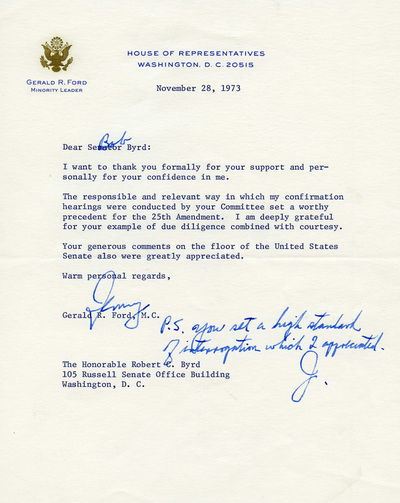
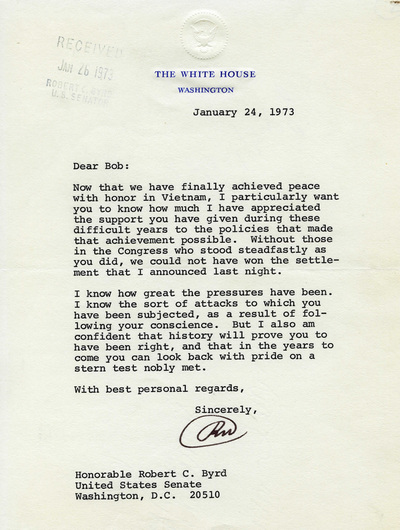
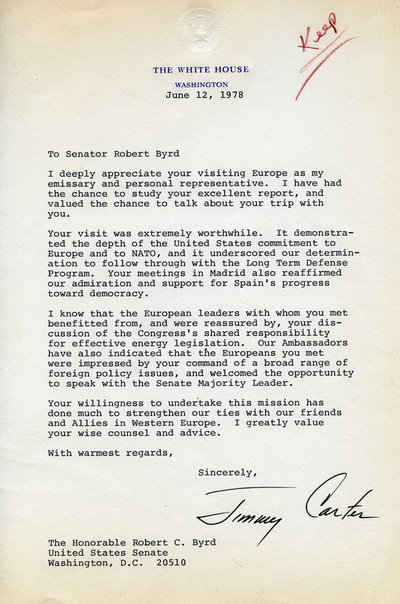
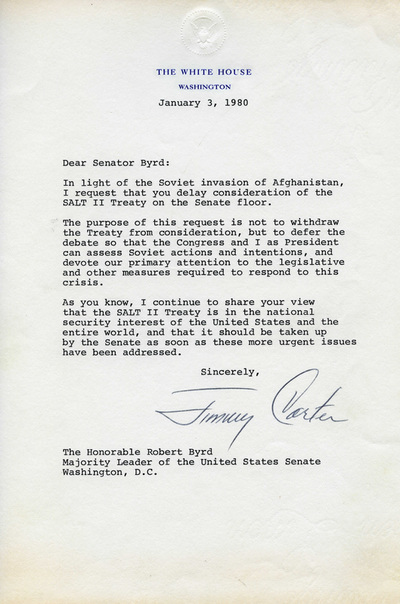
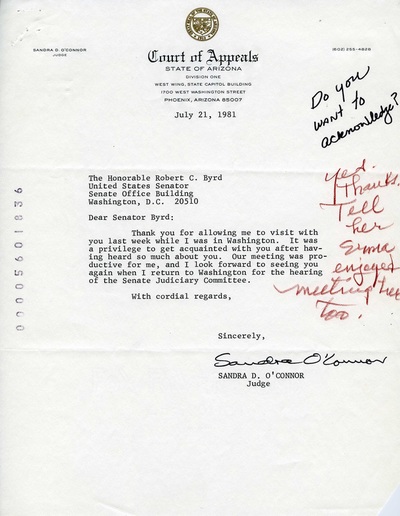
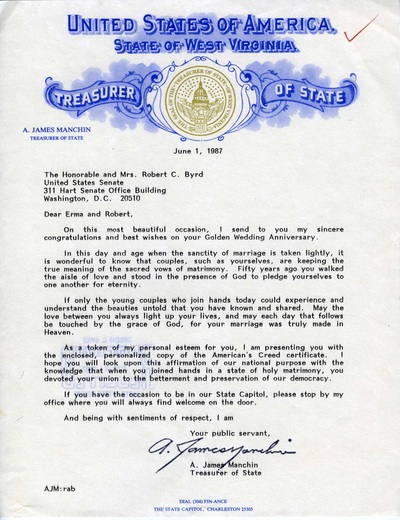
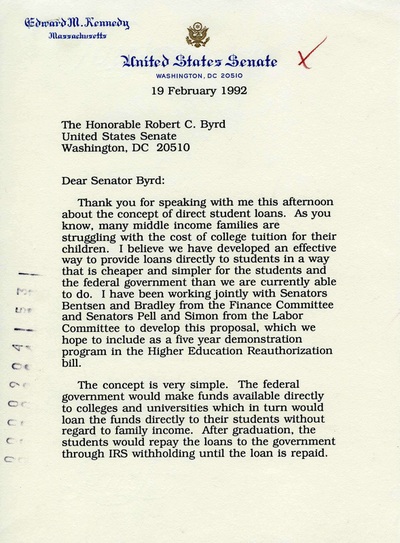
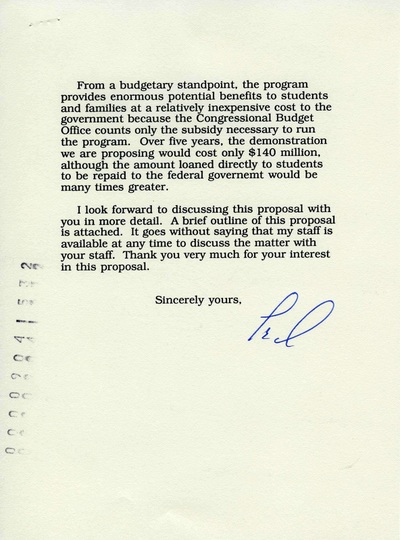
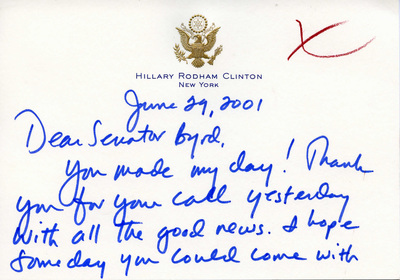
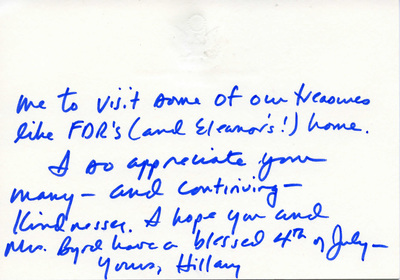
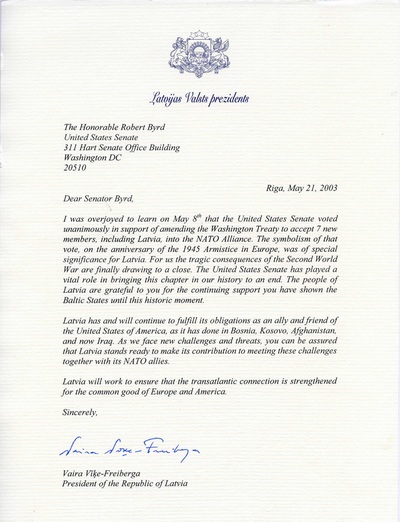
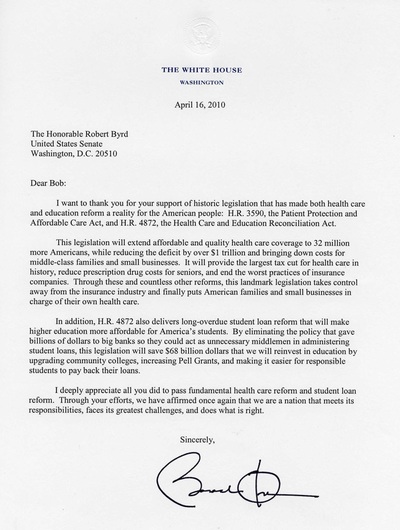
 RSS Feed
RSS Feed
